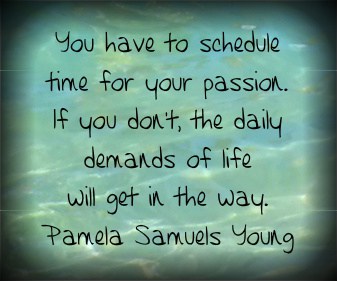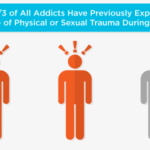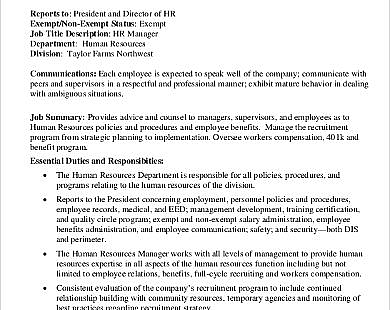The first book you wrote got rejected by literary agents, publishers, and even your mom. These tips for writing a book are for you and all the other thousands of writers just like you. You — and I! — need to learn how to bounce back after getting rejected.
I found a great article about writing a book on The Independent. Well, the article wasn’t the most exciting piece of writing I’ve ever read – but the tips on writing a book were fantastic! I took those tips and tweaked them to apply to writers who need a boost after getting rejected by the book publishing or magazine writing industry.
These aren’t your typical “writing a book” tips you’ll find on every writing blog on the internet. They’re strategic and practical, and they work. They will help you recover from the dejection of getting rejected as a writer, because they’ll help you focus on scheduling your writing time…not just dreaming of being a writer.
“Don’t just dream about pursuing your passion,” says attorney Pamela Samuels Young, author of Anybody’s Daughter. “Make it happen!”
You CAN make your dream of writing a book happen. You CAN bounce back after getting rejected, after feeling like a failure, after tossing your first book in the paper shredder.
You can be a published writer.
Writing a Book After Being Rejected
Here’s what Young says about writing a book. She wasn’t talking about after you get rejected as a writer; I added that twist to make this article more realistic. After all, all writers get rejected – even the most famous published authors!
Make writing a book part of your daily schedule. “On my calendar, you’ll find a few hours or full days blocked out as ‘Writing Time’ every week,” Young says. “You have to schedule time for your passion. If you don’t, the day-to-day demands of life will get in the way.”
Put your passion for writing a book ahead of your free time. If you’re serious about getting published (or just writing a book), you need to sacrifice your pleasure time. “You’ll have to cut back on watching television, socializing with friends and even family time,” Young says. “Explain your goals to friends and family. People who have your best interests at heart will support you. But do take an occasional break to relax. Otherwise, you’ll burn yourself out by working around the clock.”
Learn from other writers. Yes, you need to write alone…but you should also connect with other people writing a book. Young suggests signing up for writing newsletters, reading books about getting published, and join communities of writers. “There are tons of professional groups whose sole function is to help their members develop their creative talents and business goals.” Young is a diehard member of Sisters in Crime, an organization that promotes the advancement of women mystery writers. “Not only will you get energy and inspiration from networking with others, you’ll grow.” This is especially important if you’re writing a book after being rejected by agents and publishers, because you may feel vulnerable and alone.
Joining a community of writers is a great way to learn How Writing Careers Happen.
Don’t put your day job on the backburner. This is an interesting tip for writing after being rejected by the publishing industry: Young says it’s important to give your day job 100 percent! “I never want my co-workers to think I’m phoning it in because I also have a writing career.” And, she says, this attitude and strong work ethic has paid off for her. “I have a strong support system at work. My co-workers read my books, critique my manuscripts and come to book signings.” Many of the people Young thanks in the acknowledgements in each of her books are co-workers.
If you’re writing a book about your own personal experience, read On Writing a Hells Angels Book – Interview With Kerri Krysko.
For more tips on writing a book after receiving rejection after rejection as a writer, read The Book on Writing: The Ultimate Guide to Writing Well by Paula LaRocque. If you want to write your book, you need to learn how to be a good writer. You don’t have to be a perfect writer or a literary genius, but you definitely have to know how to write well!





